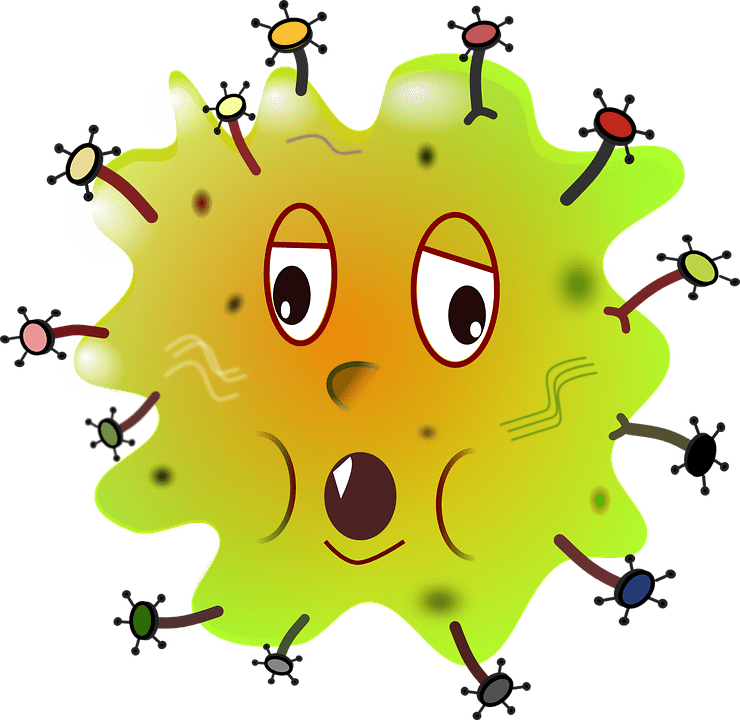Description
A chronic inflammatory skin condition common in adolescence, but can occasionally occur throughout life. It is characterized by skin eruptions on the face, chest and back.
Frequent signs and symptoms
- Blackheads (black spots the size of a pinhead).
- Whiteheads (white spots similar to blackheads).
- Pustules (small pus-filled lesions).
- Redness and inflammation around eruptions.
- If acne is severe, cysts (larger, fi rm swelling in the skin), and abscesses (swollen, infl amed, tender area of infection containing pus) may appear.
Causes
Oil glands in the skin become plugged for unknown reasons, but sex hormone changes during adolescence play a role. When oil backs up, the gland becomes infected by bacteria normally present on the skin.
Risk increases with
- Stress
- Oily skin
- Endocrine disorders
- Use of drugs, such as cortisone, male hormones, some oral contraceptives
- Family history of acne
Expected Outcome
?
Most cases respond well to treatment. Despite good treatment, acne will fl are up from time to time.
Most cases respond well to treatment. Despite good treatment, acne will fl are up from time to time.
Possible complications
- Poor self-image and psychological distress.
- Facial scars or pitting of the skin.
General Measures?
- Wash face with a mild soap once or twice a day and after exercising. Clean skin gently; don?t scrub. An antibacterial soap may help. Rinse soap off completely.
- Shampoo hair daily, especially if it is oily. Don?t let hair hang over the face. Use dandruff-preventing shampoo if needed.
- Avoid oil-based cosmetics. Use non-comedogenic products.
- Don?t squeeze, scratch, pick, or rub the skin. Acne heals better without damage to the skin. Removal of comedones (blackheads) may be done by your health care provider.
- Use nonprescription acne products on your skin.
- See your health care provider if home treatments are not helping or acne is more severe. A skin exam will be done and treatment options will be discussed.
- Treatment will depend on the severity of the acne, any infection or infl ammation, and if you are a female who may become pregnant. Treatment may include drugs (both for topical use or taken by mouth).
- Cosmetic surgery (dermabrasion) may be recommended to remove scars after acne heals.
- Removal or drainage of a cyst may be needed.
Medication
- Use nonprescription creams or lotions products to treat the acne. These may contain benzyl peroxide, sulfur, salicylic acid or resorcinol.
- Antibiotics may be prescribed for bacterial infection.
- For more severe cases, topical or oral retinoids (a form of vitamin A), hormone drugs, or stronger acne drugs may be prescribed. Some drugs may increase your sensitivity to sunlight and increase the risk of sunburn.
- Caution: If you are pregnant or planning a pregnancy, tell your health care provider before using acne drugs.
Diet
Foods have not been proven to cause acne.




Be the first to comment on "Acne"